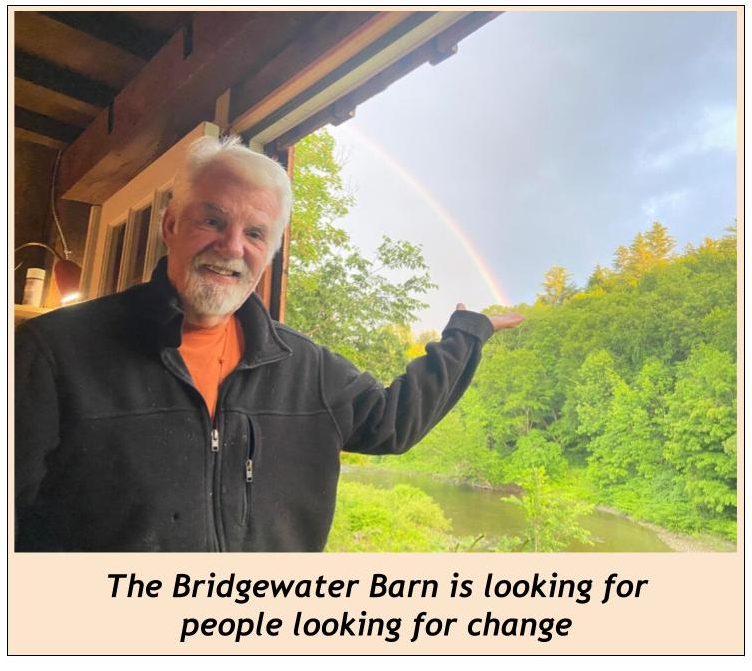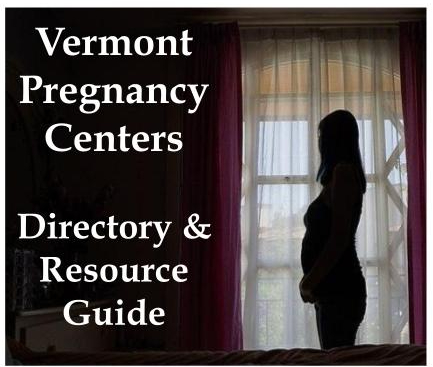It has become increasingly more expensive to keep and repopulate his hives, the vetoed bill’s sponsor said, because colonies are dying at faster rates in recent years.

Bees swarmed Gerald Posner as he tinkered with their boxes. The spring weather gets them agitated, he said, because they have work to do. Posner’s bees live on the Hinesburg property of Full Moon Farm, where Vermont Lt. Gov. David Zuckerman grows a variety of fruits and vegetables. The bees have helped pollinate the crops for the past four years.
Posner and his wife, Karen, moved to Vermont from Connecticut during the Covid-19 pandemic in 2020 and settled in South Burlington. “We brought our bees with us,” said Karen Posner, who also works in a chiropractor’s office. Posner operates their apiary, Swaying Daisies Honeybee Farm.
Gerald Posner has cared for bees on and off since 1985, mostly as a hobby before they arrived in Vermont. At farmers markets, his wife sells the Swaying Daisies honey, as well as honey infused with CBD, ginger or turmeric and baked goods sweetened with their honey.
With the bees as his full-time work, Posner has battled the pollinators’ changing ecosystem as the climate warms. When flowers bloom earlier than normal, the bees haven’t emerged to pollinate them, so they end up with less of the nectar and pollen to eat and make honey, which can lead to the bees starving, Posner said. It is also widely understood that bee populations across Vermont, both domestic and wild, are declining, he said.
“Even though honey production is almost equal, the amount of hives required are more,” Posner said recently from behind the mesh hood of his protective bee suit. Swaying Daisies has 18 hives and harvests an average of 80 to 120 pounds of honey per hive, he said. “We have to use more inputs. We have to control the mites. We’ve got to re-queen every year. We have to feed the bees now more often.”

These problems are not unique to Posner or Hinesburg but have become common challenges for many beekeepers. During this legislative session, Vermont lawmakers crafted a bill that its sponsors proposed to help stem the declines in bee populations. Bill H.706 would regulate the synthetic insecticides known as neonicotinoids, which beekeepers say is a contributor to collapsing bee colonies. The bill generated pushback, however, from farmers who produce grain, corn and other crops and dairy operators who depend on those crops for feed. They argue that their production depends on neonicotinoids, commonly called neonics.
After the neonicotinoids bill passed both the House and the Senate, Gov. Phil Scott vetoed the measure on May 20, citing potential harm to the state’s dairy economy. The Legislature could override the veto in coming weeks.
Posner cited research by the Vermont Bee Lab, a University of Vermont center that studies and shares information about pollinators, showing heavy use of neonicotinoids in the area around his apiary. Addison County has a large concentration of corn producers and many use the insecticide, said Posner.
Rep. Robin Chesnut-Tangerman, D-Middletown Springs, sponsored H.706 to target both neonicotinoid-treated seeds and foliar sprays, which mist the liquid insecticide directly onto the leaves or stems of plants. The proposal now in limbo would prohibit the use of treated seeds for crops such as corn and soybeans, starting in 2029, and would restrict foliar sprays starting in 2025.
Chesnut-Tangerman’s bill would allow for use of the insecticides in certain situations. Fruit producers such as apple orchards would still be able to spray neonicotinoids outside of flowering time, when bees are most likely to pollinate the trees.
“There really isn’t an alternative treatment at this point,” Chesnut-Tangerman said, explaining the exception. “It’s more about the timing and limiting the use of those applications to be the least damaging as possible.”
A hobby beekeeper himself, Chesnut-Tangerman has noticed dramatic changes in his hives. It has become increasingly more expensive to keep and repopulate his hives, he said, because colonies are dying at faster rates in recent years.
“I’ve had one hive overwinter successfully in the last five years,” and more hives would have survived in the past, he said. “I can’t attribute that entirely or directly to neonics, because I don’t have the testing to do that. But looking at the research and the science, I can see that neonics have a huge negative impact on wild pollinators and domesticated pollinators.”

Control of insecticides is important but only one part of the solution to a complex problem, Posner said. He mentors high school students in beekeeping and believes the survival of the practice and the bees depends as much on teaching the next generation about the needs of pollinators. Through this, he said, beekeepers can continue to adapt to climate change and other challenges.
“The passing of intergenerational knowledge, through applied science, is critical in making sure we have a resilient workforce that could provide us agriculture in a changing environment,” he said.
Lucia McCallum reported this story on assignment from the Vermont Community Newspaper Group. The Community News Service is a program in which University of Vermont students work with professional editors to provide content for local news outlets at no cost.
Categories: Agriculture, Legislation, State Government








Thanks for posting this. I still think the farmers & beekeepers can find a way to compromise for the greater benefit of all. I know a lot of beekeepers who strongly suspect neonics for poor colony health, and a great deal of research supports this. Besides, the neonics kill a lot more than just bees. Insect populations are wildly down across the board, including other pollinators, and places like NY & Quebec report rebounds post banning these indiscriminate pesticides.
My bet is “trust the science” and “safe and effective” brought to us by the three letter agencies, NGOs, and bought-off academia is going to say one thing, while they continue to release biological and chemical warfare upon all species, great and small. Monsanto is their name-o.
There is zero evidence that restricting the use of treated seeds while still allowing the spraying of these pesticides will have any positive impact on pollinators. Quebec banned this pesticides many years ago and have lost a larger percentage of their bees over wintering than VT on more than one occasion.